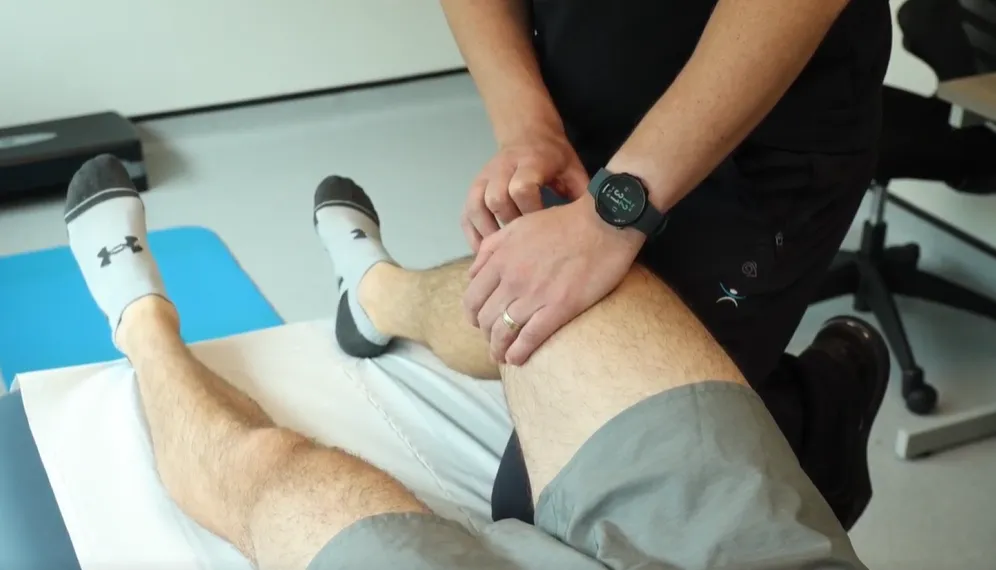A day in the life of an Operational Lead

A day in the life of an Operational Lead
As a full time Operations Lead I am contracted to 40 hours per week, and am based from home but will be required to work in locations across the north west. Within my role I am able to provide support to clinicians who are dealing with complex cases, as well as assist with any administrative or IT related issues. As well as this, I am able to provide more direct support to my line management team, including coaching, career development, and problem solving issues that occur unpredictably. This will involve clinical auditing, supervision, and observation.
Operationally, we are required to maintain client relationships on site’s where members of our team are based. This allows us to address any issues as they arise, and understand client expectations so that we can formulate plans to meet them. We will also be required to respond to queries that are made against members of our team.
As we report directly to the Senior Management Team (SMT), we will also be required to show awareness regarding which situations we can advise about, and which situations need to be escalated. To complete the above tasks we will communicate with our teams and the SMT via Teams, emails, and planned meetings. Within this role, we are also able to maintain a clinic caseload involving remote and face to face diaries.
Day-to-Day
To achieve the above, two days rarely look the same. On some days I will be based solely from home, completing remote clinical appointments with time allocated within the day to complete managerial tasks. On other days, I will be on site or in clinic with a member of my team completing clinical observations, and providing feedback to improve our overall service delivery and aid the clinicians development.
Communication
What I enjoy about the role is the mixture of clinical and operational duties. This has helped me to understand the mechanism behind Occupational Health, therefore reframing my way of thinking and ultimately my way of working. Being able to communicate with a wide range of skilled colleagues from different backgrounds helps me to reflect and develop my own abilities.
This isn’t without challenges though, and often the role can involve having some challenging discussions, such as managing individuals who are underperforming. Within PAM, I have found that an appropriate support structure is in place to help with this though.
Career Development
On my journey to becoming an Operations Lead, I was initially an MSK Clinician and was then promoted to an Operations Lead. To help me to achieve this promotion I demonstrated my willingness to learn, and was reflective of where I could continually improve. I then actioned this by organising meetings with relevant personnel and attending courses that aimed to improve these areas and develop my understanding of what was required within the role.
For anyone interesting in moving into an Operations Lead role in the future, I would advise them to reach out to colleagues who are in that position now to further understand the nature of the role, and offer to take any tasks that can be delegated. While this will add to your workload in the short term, it will be worth it in the long run. This is because when the vacancy arises, you will already have a solid understanding of the requirements and be able to demonstrate your suitability by highlighting your experiences in an interview format.
Find out more about our current vacancies here:
Would you like more information?
We hope our website provides you with the information you need about us. If you would like to know more, please get in touch.


